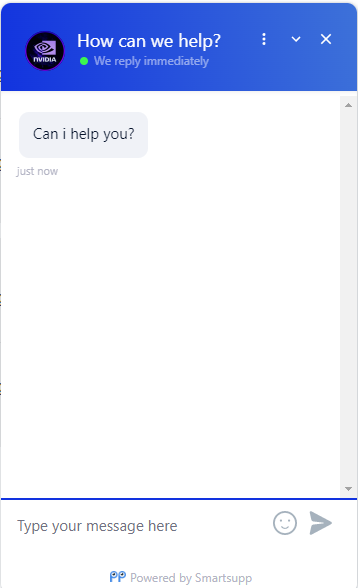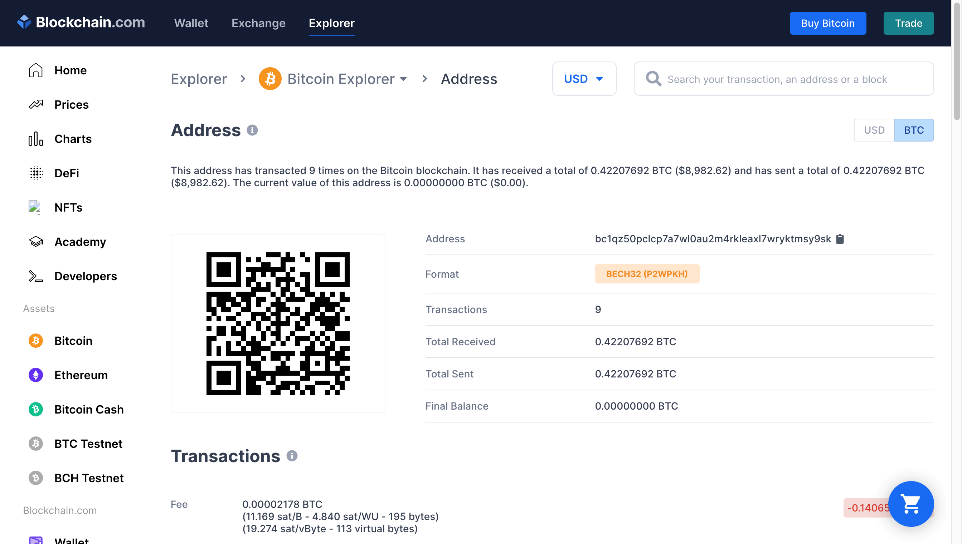Kaspersky experts share details on new malicious activity featuring a fraudulent website
Woburn, MA – July 14, 2022 – Kaspersky experts have shared details on new malicious activity they discovered, in which attackers launched a fraudulent website marking the 30th anniversary of the technology company, Nvidia. The site invited visitors to participate in a 50-thousand bitcoin giveaway while asking them to first make a donation.
 Landing page of fake Nvidia website presented in violet color
Landing page of fake Nvidia website presented in violet color
The page contains a “Participate” button which, once clicked, takes the visitor to a page with detailed information on the giveaway. The site is, however, full of spelling errors, and mistakenly uses the Nvidia logo in an incorrect violet color, rather than its official green.
The page encourages potential victims to donate prior to entering the giveaway, and includes an image of Jensen Huang, the Nvidia CEO. Successful participants are told they can double their donation or even hit the jackpot of 50 thousand bitcoins. The page includes crypto wallet credentials for users to send their donation.


The webpage with detailed information supported by fake Nvidia chatbot
The scammers’ wallet can be checked on blockchain.com, however, the total account balance is 0.42 BTC (8,495 USD) – far less than the 50 thousand bitcoins advertised. It is unclear whether the amount in there has been formed by donations or not, but several transactions from unknown senders can be tracked in the account history.

The scammers’ crypto wallet on Bitcoin.com – no trace of 50K BTC
“Crypto scams that involve images of celebrities, or power brands, have become trendy these days,” said Olga Svistunova, a security expert at Kaspersky. “We’ve witnessed campaigns with Elon Musk, Bill Gates, and Pavel Durov. This time the attackers went further, launching fraudulent activity on behalf of Nvidia’s CEO and connecting it to a very special occasion for the company. Our primary advice is to carefully check all the links you follow while surfing the net, and avoid donating to untrustworthy initiatives.”
To avoid scams, save money and keep personal data private, Kaspersky experts share the following simple tips:
· Check any links before clicking. Hover over them to preview the URL and look for misspellings or any other irregularities.
· Sometimes fake websites look just like real ones. It depends on how well the criminals did their homework. Hyperlinks are the most likely to be incorrect — often containing spelling mistakes — but these links can also be disguised to look valid and redirect you to a different page, impersonating the legitimate site.
· To protect your data and finances, it is good practice to make sure the online checkout and payment page is secure. You’ll know it is if the web page’s URL begins with HTTPS instead of the usual HTTP; an icon of a lock will also typically appear beside the URL and the address bar, showing in green on some browsers. If you don’t see these features, do not proceed.
· Use a trusted security solution that can help check the security of the URL that you’re visiting, and can also provide the ability to open any site in a protected container to prevent theft of sensitive data, including financial details.
About Kaspersky
Kaspersky is a global cybersecurity and digital privacy company founded in 1997. Kaspersky’s deep threat intelligence and security expertise is constantly transforming into innovative security solutions and services to protect businesses, critical infrastructure, governments and consumers around the globe. The company’s comprehensive security portfolio includes leading endpoint protection and a number of specialized security solutions and services to fight sophisticated and evolving digital threats. Over 400 million users are protected by Kaspersky technologies and we help 240,000 corporate clients protect what matters most to them. Learn more at usa.kaspersky.com.
Media Contact
Sawyer Van Horn
sawyer.vanhorn@Kaspersky.com
(781) 503-1866




